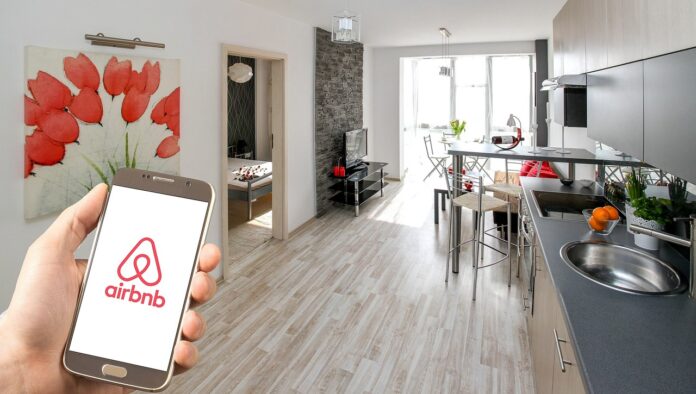Yesterday’s proposed legislation announcement may take money out of the pockets of British Columbians, according to a statement from Airbnb.
The statement from policy manager Alex Howell goes on to say that it will make travel more unaffordable for millions of residents who travel within B.C. and reduce tourism opportunities.
According to a new Conference Board of Canada report done in collaboration with Airbnb, “Airbnb activity at the current levels has not generated an economically meaningful increase in rents across Canada’s major cities.”
They add the data was taken directly from Airbnb for the study and not looked at off of the website. They say that they found the share of dwellings used for Airbnb is too small in most neighbourhoods – around 0.5 per cent – to have any meaningful impact.
According to the statement, they found that Vancouver implemented short-term rental regulations in 2018 including a principal residence restriction but the vacancy rate has stayed below the national average.
Instead, the company says more emphasis should be put on to increasing the number of dwellings. They say this has been called out by the Canadian Real Estate Association as a key to dealing with housing, including lots of rezoning.
They add around 59 per cent of B.C. hosts say they run Airbnbs to help cover rising costs of living and around 47 per cent say it helps them stay in their homes.
Last year over 1 million BCers travelled with the province as Airbnb guests last year, guests spend around $225 per day and per guest and 43 per cent of respondents say they would not have visited an area if not for Airbnb.
The company also says they collected and remitted over $67 million in taxes in B.C. last year, up around 70 per cent from 2021.
“We hope the B.C. government will pursue more sensible regulation and listen to the many residents – hosts, travellers and businesses – that will be impacted by the proposed rules,” added Howell.






